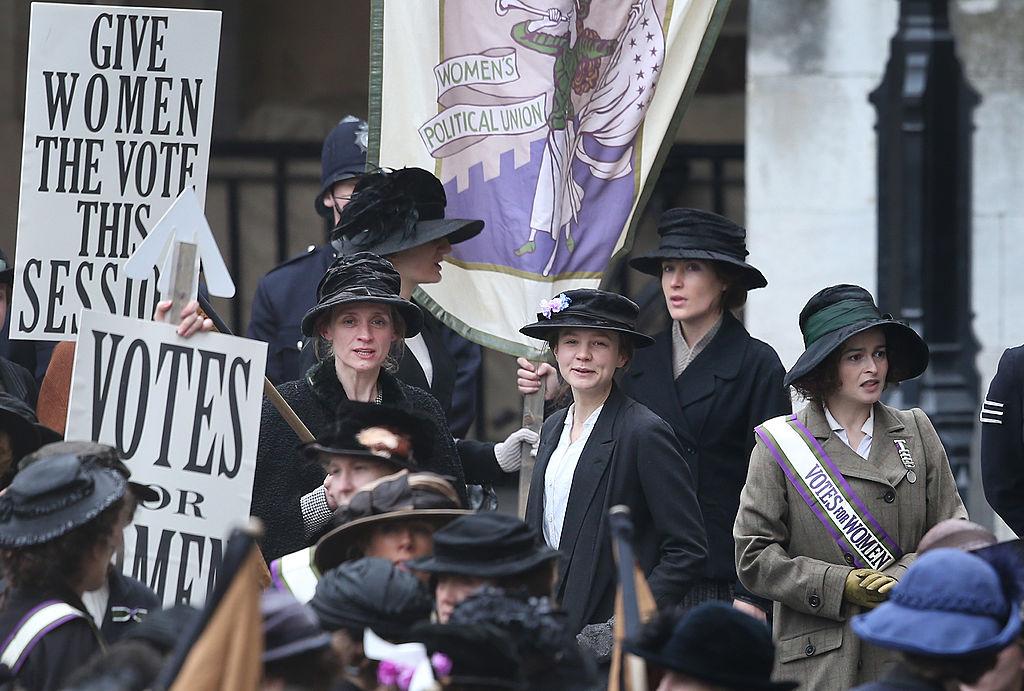Suffragist letter from 1913 reminds how hard women fought to get the vote
She gave two options

Your support helps us to tell the story
From reproductive rights to climate change to Big Tech, The Independent is on the ground when the story is developing. Whether it's investigating the financials of Elon Musk's pro-Trump PAC or producing our latest documentary, 'The A Word', which shines a light on the American women fighting for reproductive rights, we know how important it is to parse out the facts from the messaging.
At such a critical moment in US history, we need reporters on the ground. Your donation allows us to keep sending journalists to speak to both sides of the story.
The Independent is trusted by Americans across the entire political spectrum. And unlike many other quality news outlets, we choose not to lock Americans out of our reporting and analysis with paywalls. We believe quality journalism should be available to everyone, paid for by those who can afford it.
Your support makes all the difference.In 1918, women over the age of 30 were given the right to vote in the UK. And in 1928, it was granted to women over the age of 21, on equal terms with men.
It didn’t happen without a long, hard fight though.
Unlike the suffragettes, the suffragists campaigned peacefully. And one suffragist in particular is currently enjoying a moment in the spotlight thanks to a letter she wrote that’s doing the rounds on Twitter.
The letter, by Bertha Brewster, was published in The Daily Telegraph on February 26 1913, when the fight for women’s suffrage was in full swing.
“Sir,” she writes.
“Everyone seems to agree upon the necessity of putting a stop to Suffragist outrages; but no one seems certain how to do so.
“There are two, and only two, ways in which this can be done:
“1. Kill every woman in the United Kingdom.
“2. Give women the vote.”
At the time that Brewster wrote her letter, demonstrations and protests were rife - suffragettes would chain themselves to railings and one, Emily Davison, even died when she jumped out in front of the king’s horse at Epsom Derby.
Over a century later, many women still feel an extra weight of responsibility to exercise their democratic right because of how hard women like Brewster worked to win the vote.
The UK now has a record number of female MPs, but parliament remains less than a third women.
We still have a way to go.
Join our commenting forum
Join thought-provoking conversations, follow other Independent readers and see their replies
Comments